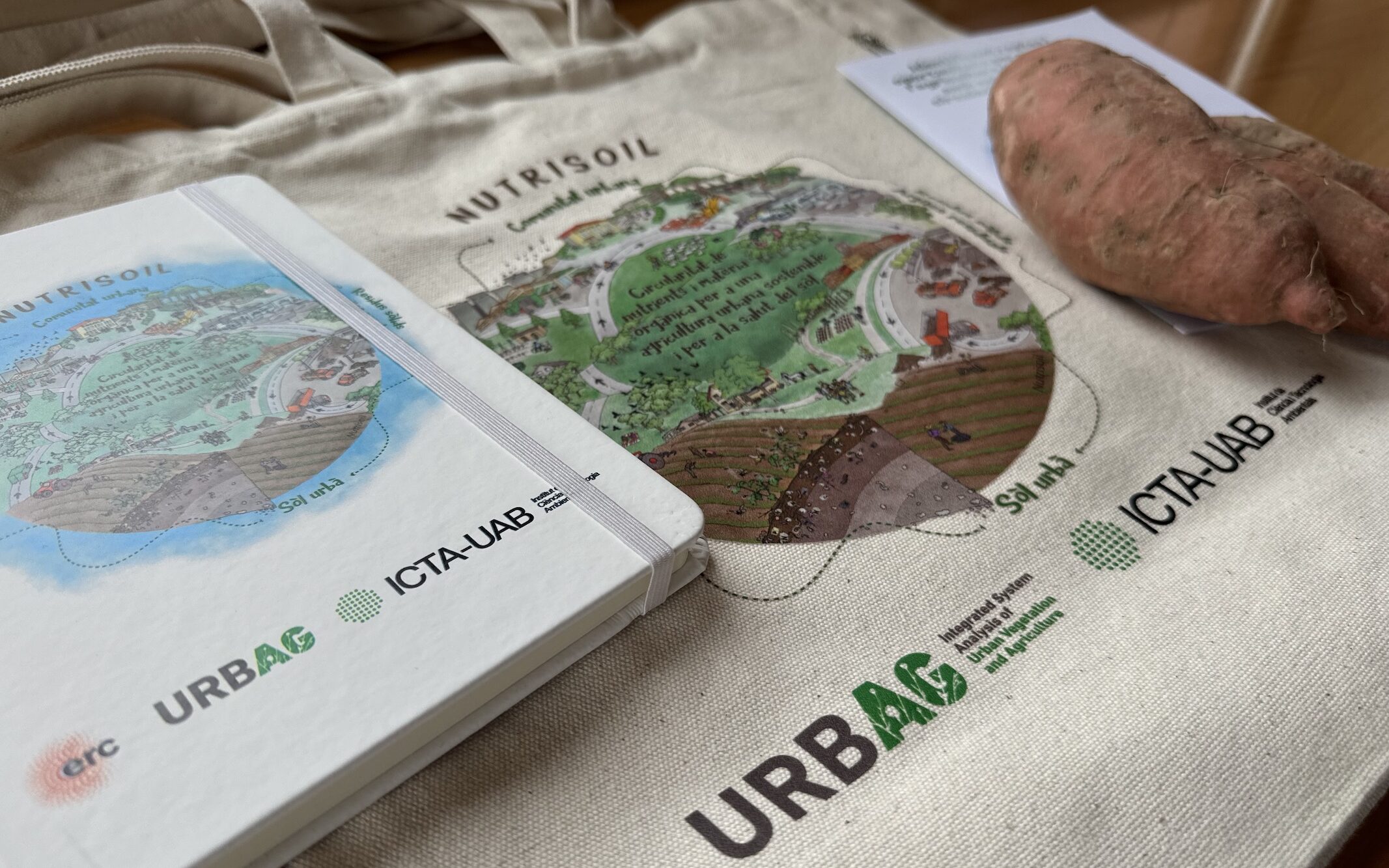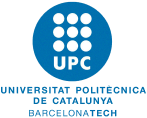News
The NUTRISOIL workshop was a success
A Space for Advancing Agricultural and Urban Sustainability

Despite yesterday’s heavy rains, the NUTRISOIL workshop was held successfully, bringing together experts from the fields of agriculture, waste management, and sustainability. The event focused on the importance of rich soil nutrition, emphasizing that properly nourishing the land benefits us directly and contributes to the planet’s sustainability. The workshop also revolved around the integration of a circular economy, a critical concept for ensuring resource efficiency and minimizing waste in the agricultural sector.
During the gathering, attendees were divided into three working groups —Urban Community, Waste, and Agricultural Soil— to analyze goals for 2030, identify the main obstacles, and discuss solutions to overcome them in each of these areas.
Urban Community
The Urban Community group set an objective to foster a shift in social values, underscoring the need to raise awareness about the essential role of agriculture in protecting biodiversity. They also proposed moving towards a model of small-scale food self-sufficiency, capable of meeting the needs of towns and regions with local resources. The identified obstacles included neoliberal and capitalist structures, poorly adapted government regulations, and social disconnection from rural environments. They also pointed out resistance to change and the economic and social costs involved. To address these challenges, the group proposed solutions such as developing more sustainable economic models, creating quality certifications, and promoting urban-rural connections through participatory initiatives.Waste Management
Regarding waste management, the group aimed to improve handling at all stages of valorization, from collection and production to the final product. Here, the circular economy was highlighted as a fundamental concept to ensure that each stage of the process is efficient and sustainable. Proximity, quality, and the incorporation of innovative technologies were set as cross-cutting values throughout the process. Constantly changing, often poorly adapted regulations, variability in material quality, and management costs were identified as major obstacles. To overcome these barriers, the group proposed the creation of quality indicators, along with establishing penalties for poor quality and incentives for high-quality products. Educating producers, managers, and citizens also emerged as a crucial strategy to progress in this area.Agricultural Soil
The Agricultural Soil group emphasized the need to promote a socio-economic shift that includes education, the use of young professional resources, and greater cohesion among all stakeholders in the sector. They identified obstacles such as unclear regulations, the high cost of machinery, the effects of climate change, and limited water availability —challenges that threaten agricultural soil sustainability. Proposed solutions included the creation of local networks for direct sales to ensure the profitability of local products and raising consumer awareness about valuing small-scale local producers. The group also emphasized the importance of passing down agricultural knowledge to new generations to keep farming knowledge alive and strengthen the connection between urban and rural environments.A Productive and Impactful Day
The NUTRISOIL workshop was a productive and enlightening space for analyzing the various perspectives that converge on soil and agricultural sustainability, with a circular economy as a central theme. Participants highlighted that events like these, which bring together diverse voices and viewpoints, are essential for better understanding the complex sustainability challenges and working together toward practical and innovative solutions. Following the presentations and discussions, attendees enjoyed a vegetarian meal with anti-inflammatory properties prepared by Elisenda Casanovas, highlighting the workshop’s health-conscious approach. This was followed by a contest in which participants were asked to distinguish different types of sweet potato cultivars solely by taste, adding a fun twist to the session and allowing for reflection on crop diversity. All in all, it was an enriching and inspiring day that fostered a connection with the current agricultural reality and provided insight into the challenges and opportunities on the path toward a more sustainable and environmentally respectful agriculture.5/11/2024









